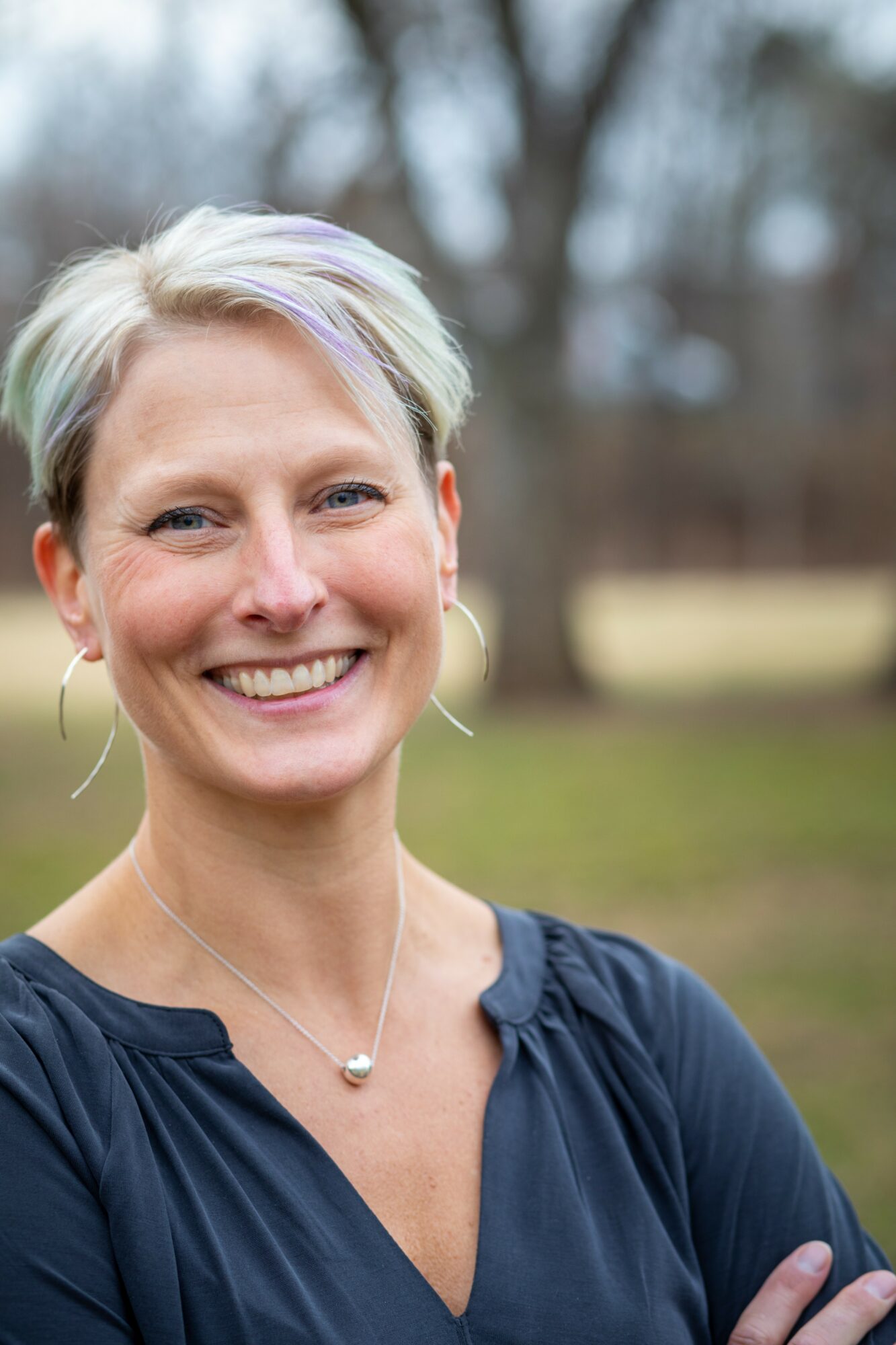
Today we’d like to introduce you to Megan Overbay.
Hi Megan, thanks for joining us today. We’d love for you to start by introducing yourself and how you came to co-founding Big Spoon Roasters.
Thanks for having me and giving me the opportunity to share my story. I live in Durham, NC, with my husband (and Big Spoon co-founder) Mark and our amazing dogs, Rioja and Grüner. I was raised outside of Philadelphia in a house where food mattered. My grandfather often said, “You can pay the butcher, or you can pay the doctor.” My mother was an incredible cook, and there was always delicious, nutritious food on our table. And I needed it! As a competitive gymnast and a diver growing up, then a triathlete and fitness instructor as an adult, food and its connections to energy, health, and balance have been a focus throughout my life.
I am more of a scientist than an artist, so while my mother tried to teach me to cook, baking was what really stuck. I have always loved the attention to detail it requires and how rewarding it can be to work with my hands. Baking has also been a way for me to show others that I care about them. To this day, I send cookies to friends across the globe each holiday season.
When Mark and I met in 2010, we shared a passion for food, transparency, and sustainability. Mark was working for Counter Culture Coffee, and we saw that there was a craft food movement happening in coffee, bread, beer, and cheese, but not in pantry goods. No one was talking about small-batch, culinary-inspired, fresh pantry products sourced and packaged with care. We decided to change the way people think about nut butter, and in doing so, we shifted an entire category of food.
Why nut butter? It is Mark’s favorite food, and during his time in the Peace Corps in Zimbabwe, he was able to adapt a local method of making truly fresh nut butter, roasting the nuts and grinding them with stones. He added honey, sea salt, and coconut oil to make the best nut butter he’d ever tasted. Fast forward to 2010, and this incredible food experience was the inspiration for starting a nut butter business that would focus on flavor, freshness, and integrity. For me, as a pescatarian athlete, nut butter was a primary source of nutrition. I had already been making my own nut butter-based bars, as I couldn’t find anything on the market that provided me with the energy that I needed, was easy to digest, and actually tasted good. From the first batches of nut butter Mark made in our kitchen, I made energy bars, and we have two product lines that represent our love of nut butter!
What challenges did you face as you tried to change the way people think about nut butter?
When you start a business that pushes people to rethink familiar foods, you are going to hit obstacles. We have had countless conversations with retailers to help them understand why $15 for a jar of cashew butter is worth it. Our culinary approach, ingredient integrity, living wages, and sustainable packaging and sourcing cost more. And – conscientious consumers are willing to pay for a nut butter that is good for them, tastes spectacular, and was made with integrity. Everyone makes choices about how to spend their money, and we knew we really had something when customers at the farmer’s market bought our nut butter with food stamps.
Oscar Wilde said, “Imitation is the finest form of flattery.” It doesn’t always feel that way, and being an innovator in our field has driven other nut butter companies to follow suit. We love seeing like-minded businesses help raise the bar for what nut butters can be. Together we can more effectively change mindsets about freshness, transparency, living wages, and sustainability. What has been difficult is seeing businesses who directly copy our products – names, ingredients, even branding! We’ve been surprised by how brazen some competitors are, but we just put our heads down and continue to innovate, especially through our quarterly R&D and Limited Batch releases. We’ve focused on sharing our values and the intentionality of our decisions so that what differentiates us from competitors is clear.
There are more choices than ever in the nut butter and bar aisles, but for folks who might not be as familiar, what can you share with them about what you do and what sets Big Spoon Roasters apart from others?
At Big Spoon Roasters, we believe that food matters – it should be delicious, nutritious, and good for all those involved in producing it. That’s why we use only the highest quality, sustainable ingredients from farmers and producers we trust, handcraft each batch to order, and never compromise food quality. Our products are Non-GMO Verified and palm, gluten, soy, and dairy free. We only use whole, real-food ingredients and never use hydrogenated oils, high fructose corn syrup, xylitol, refined salt, “flavors,” or so-called “natural flavors.”
We take care of our team through meaningful benefits, Certified Living Wages, and sound ergonomics. We fight hunger through our Community Blend nut butter donation program, save animals from chemical testing through our cruelty-free workplace, and reduce our environmental footprint with solar power, sustainable packaging, and a virtually zero waste production process.
Can you tell us a little about your career before Big Spoon Roasters and how your role has evolved since the business started?
While food has always been a guiding force in my life, it has not, until recently, been what actually put food on the table. My first job out of college was in IT, and after business school, I built my career in strategy, operations, and leadership development, primarily in higher education. When I met Mark in 2010, I was the Director of Admissions for Duke University’s Fuqua School of Business. After we launched Big Spoon and it was clear that it had huge potential, we decided that Mark would leave his job to focus full-time on our new business, and I would provide a stable paycheck and insurance. I was involved in key decisions about the strategy and operations of the business, and Mark handled the day-to-day of establishing and running it. I eventually left Duke to work in global strategy and innovation for PriceWaterhouseCoopers and then to help build a boutique higher education consulting firm. It was challenging and rewarding work, but ultimately, I wanted to fully dedicate my energy to the values-based business that Mark and I had started from scratch.
At the same time, Big Spoon was hitting a stage where Mark’s ability to support all daily aspects of the business was being taxed. We have grown from using shared kitchen space and selling in farmer’s markets to outgrowing a dedicated 6,000-square-foot production space with customers across the country and internationally. It was clear by 2019 that Big Spoon needed both its founders fully invested in its success, and I was ready! Mark and I are the yin and yang of running a business – our skill sets are highly complementary, and together we are driven by the shared mission, values, and vision for Big Spoon. Today, Mark leads sales, marketing, new product development, and sourcing. I drive operations, HR, finance, and purchasing. We share responsibility for overall strategy and culture. We have never taken outside investment, and as such, our growth has been steady but slower than it might have been. This has allowed us to stay true to our values and to organically build a company we are proud of – one that is good for people and the planet.
What else do you want people to know about Big Spoon Roasters?
Every nut butter and bar we make represents a culinary innovation. As a few examples, we created the first nut butters made with chai spices, toasted coconut chips, cocoa nibs, crystallized ginger, real lemon, or coconut nectar. Even our Crunchy Peanut Butter represents a significant innovation: the first peanut butter to use one peanut variety (Cordoba High Oleic Runner) as the base and another (Virginia XL) for the crunch.
We obviously didn’t invent nut butters or energy bars, but we reinvented them for people who seek the best in quality, nutrition, transparency, and sustainability. To us, words like “handcrafted” and “small batch” mean something. These words literally describe how we do things. A batch of our nut butter yields only about 125 jars, and a batch of bars is about 300. Making food by hand in such small batches allows us to maintain the highest levels of quality in every step of the process.
Contact Info:
- Website: https://bigspoonroasters.com/
- Instagram: https://www.instagram.com/bigspoonroasters/
- Facebook: https://www.facebook.com/bigspoonroasters/
- Linkedin: https://www.linkedin.com/company/big-spoon-roasters/mycompany/
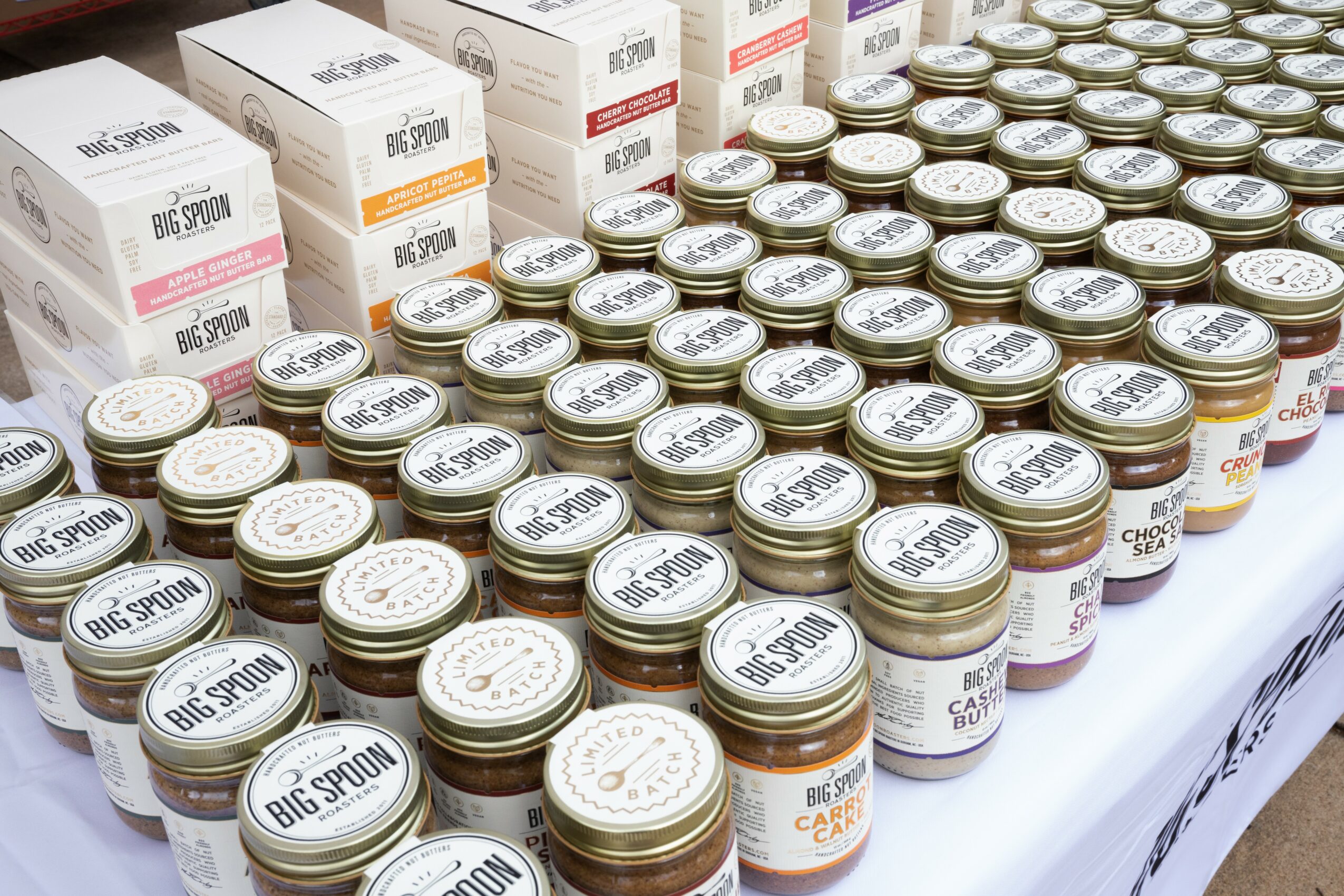
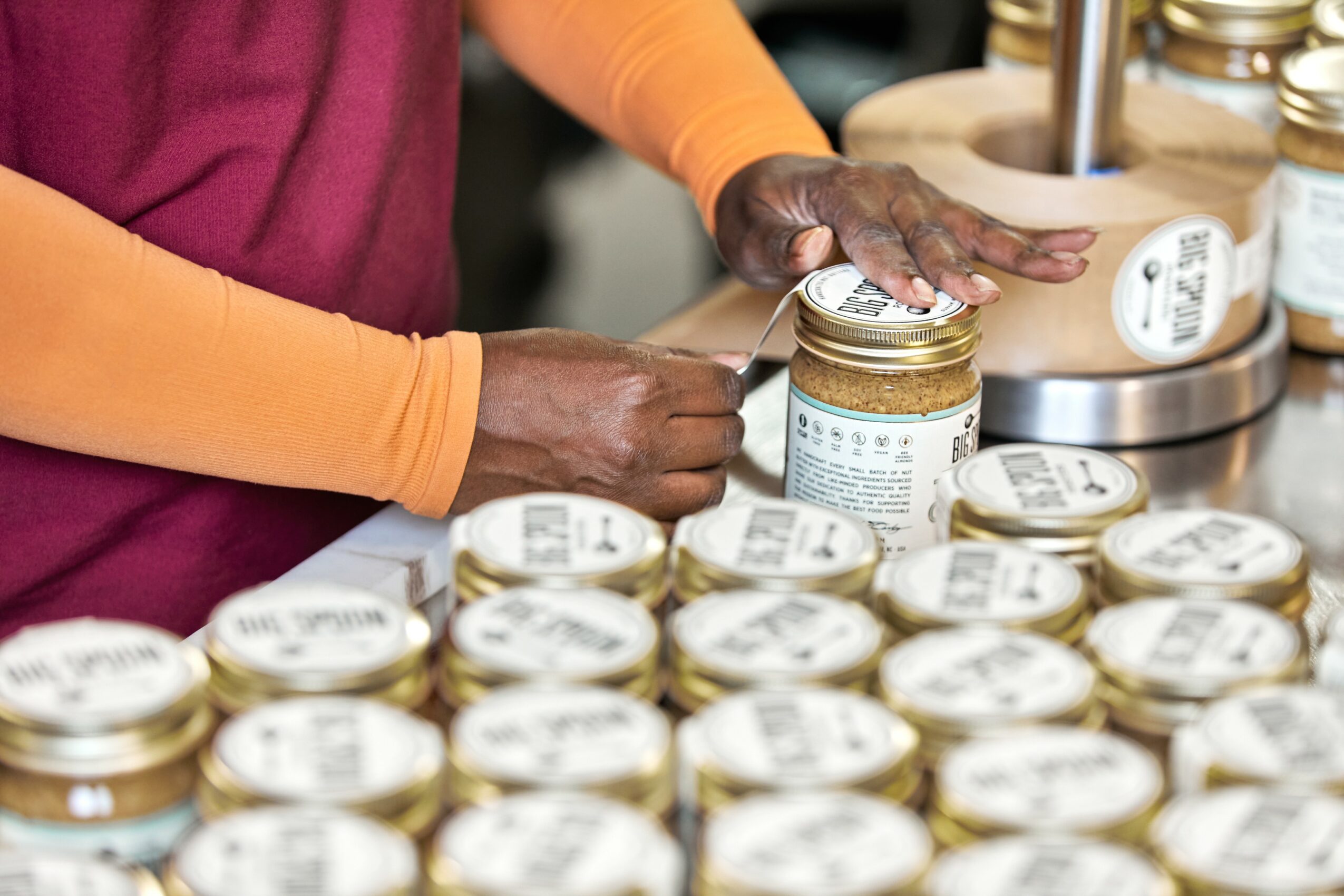
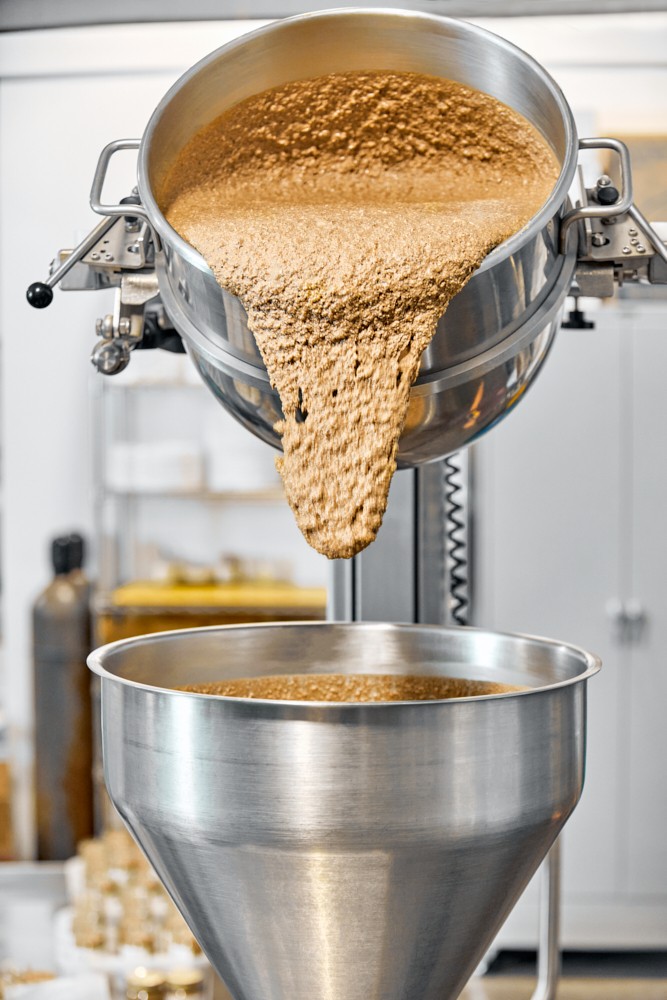
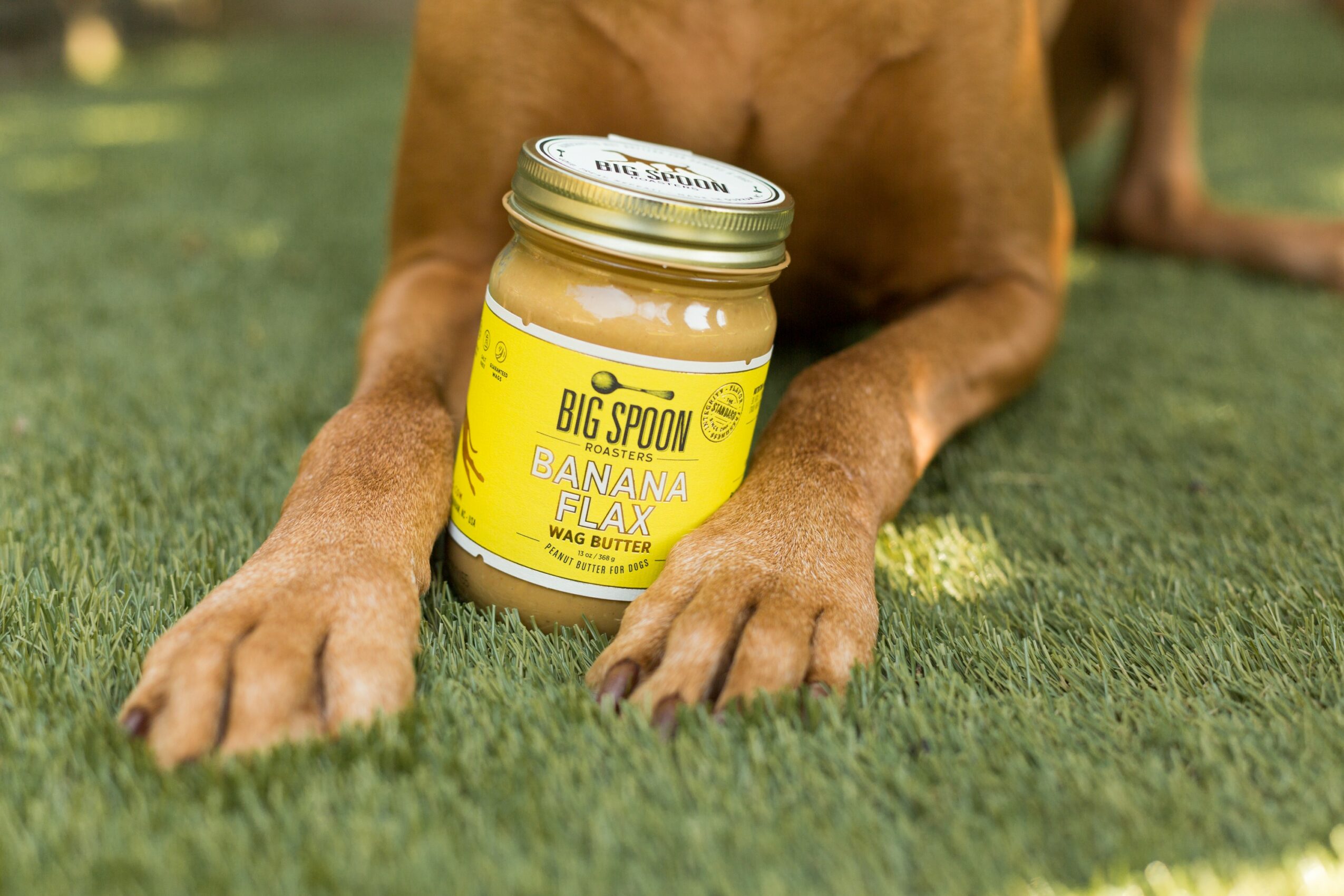
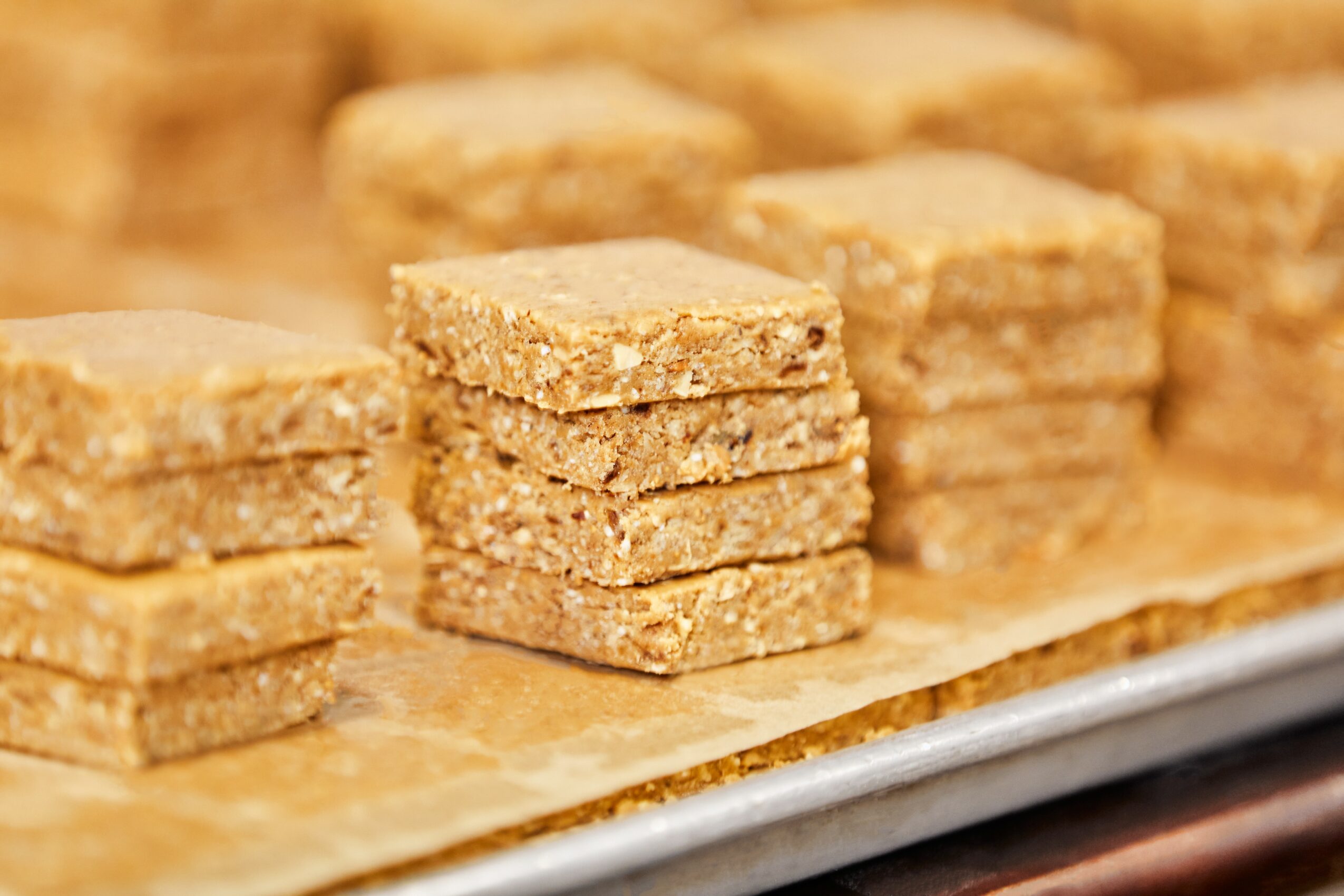
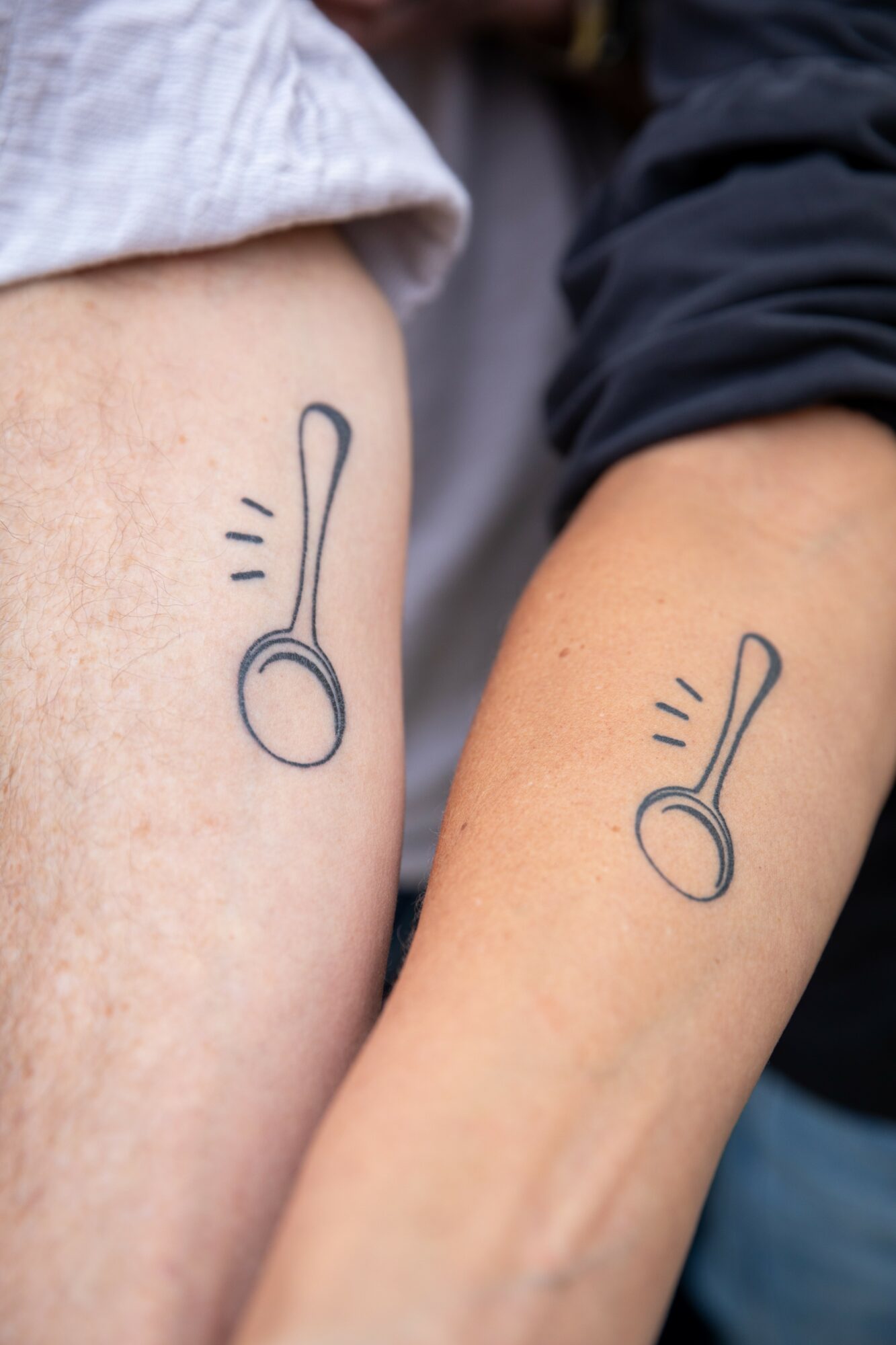
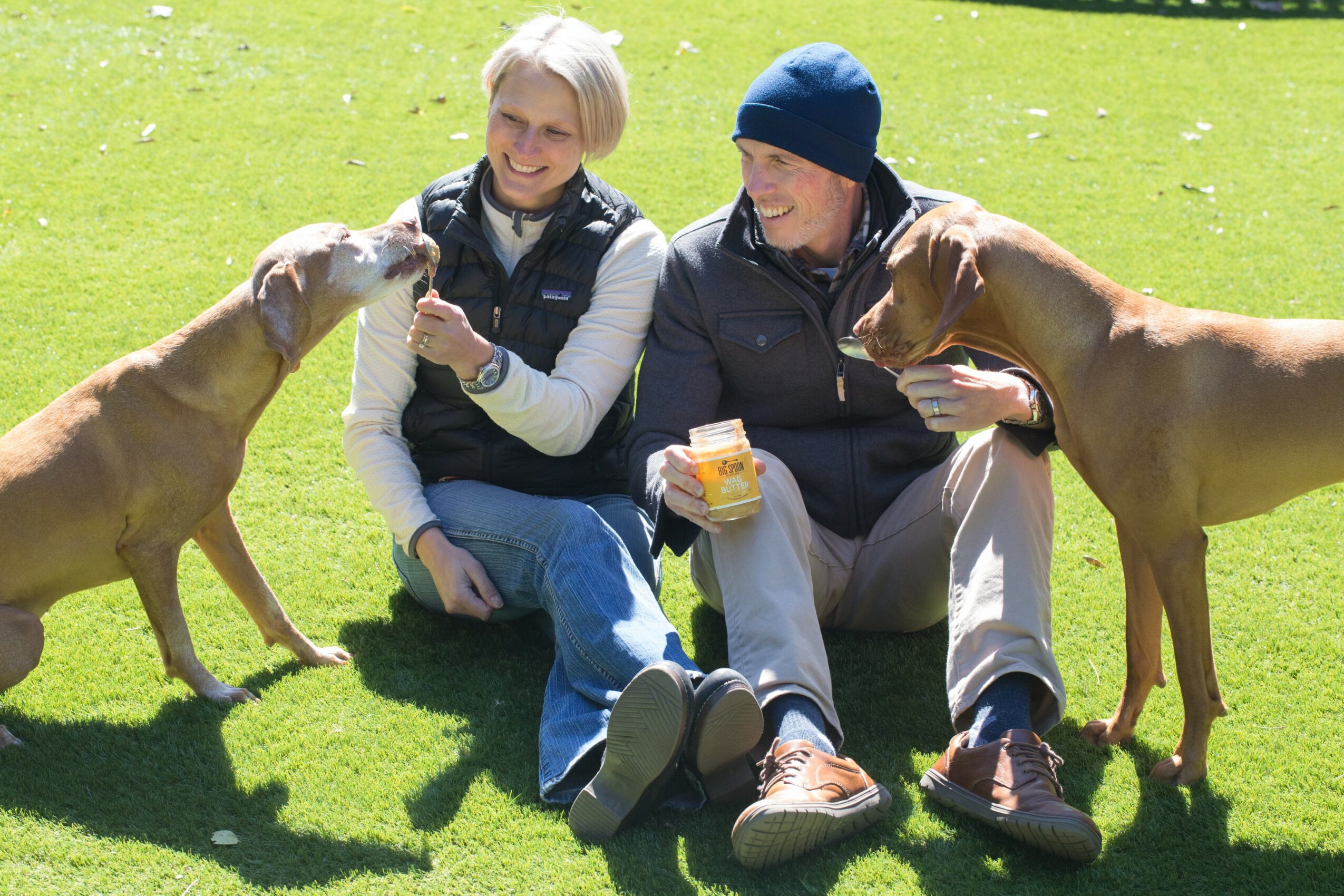
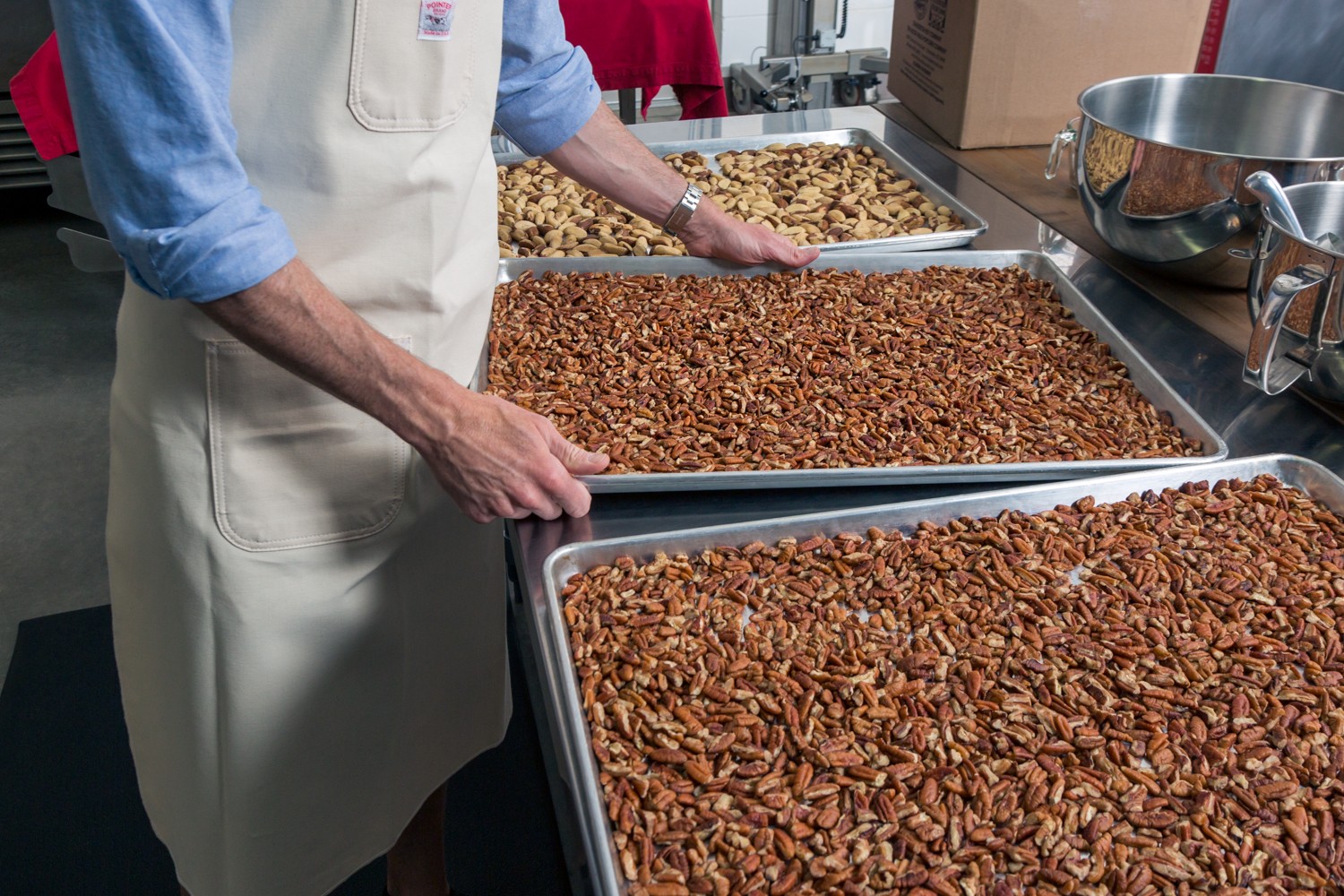
Image Credits
Forrest Mason
Elise Holsonback












